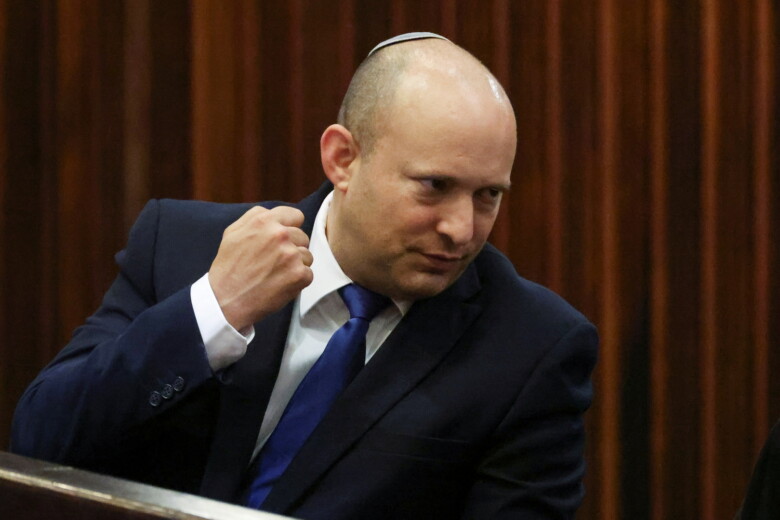ustralia’s foreign minister, Julie Bishop, says nobody should be under any illusions that defeating Islamic State will be easy, as US President Barack Obama moves to roughly double his country’s troops in Iraq.
Bishop, who is at the Apec summit in Beijing, met with the US secretary of state, John Kerry, on Saturday to discuss both countries’ commitment to the region, as well as the Ebola outbreak in West Africa.
She said they discussed a timeframe in combating Islamic State (Isis or Isil), as well as the work Australian special forces would be undertaking.
“I don’t think anybody was under any illusions that this would be easy. Isil is well funded, well resourced, with apparently 16,000 fighters or more from 80 different countries,” Bishop said. “When you are dealing with an ideology, it’s very hard to know what a complete mission would look like.
“It will take time, it will take effort from a number of countries.”
While the prime minister, Tony Abbott, welcomed the US announcement on Saturday, he gave no indication that Australia’s current commitment to the region would change.
Bishop was also asked about Abbott’s planned Apec meeting with Vladimir Putin. She said Abbott’s threat to “shirtfront” the Russian president had become so well-known on the world stage that it had worked its way into the diplomatic lexicon, but was unlikely to derail the talks.
Abbott made global headlines last month when he pledged to shirtfront Putin over the “murder” of 38 Australian citizens and residents who died when Malaysia Airlines flight MH17 was shot down over east Ukraine.
Abbott has since backed away from the comment, instead insisting he will hold a robust conversation with Putin when the two meet for formal talks on Tuesday at the Apec summit.
When asked about the impending meeting, Bishop hosed down concerns Abbott’s previous choice of language would derail discussions.
“Since the phrase shirtfront was used, I understand it has now entered the diplomatic lexicon of many countries,” Bishop said. “I have met with President Putin since that time, and we had a very cordial discussion about the issues of concern.”
The Guardian home





